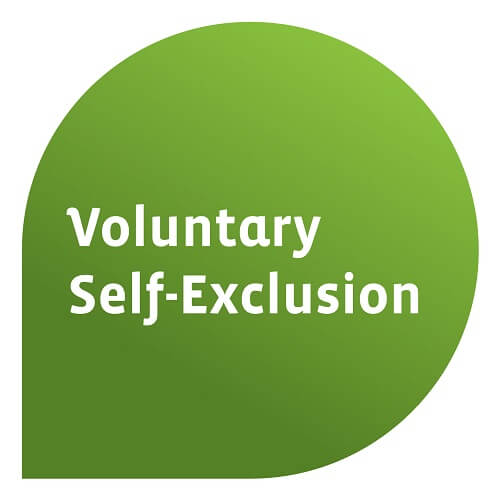Voluntary Exclusion Programmes
Programmes of Voluntary Exclusion, also called Voluntary Self-Exclusion are enacted by several individual casinos and North American States. Participating states include Kansas, Ohio, Maryland and Ohio. Certain Canadian provinces, such as British Columbia and Manitoba, and areas in Australia and the rest of the world, offer similar schemes
The idea behind these programmes is to address compulsive and addictive gambling behaviours. People who believe that they have a problem have to apply for themselves, and this action helps them address the underlying causes of their problems and to take responsibility for themselves.
How Voluntary Exclusion Programmes Work
Areas and casinos that have enacted these policies allow individuals who are suffering from gambling addiction to request that their names are added to the Programme list. Applicants must complete the form of their own free will, and not be under the influence of controlled substances, prescription medication or alcohol.
If the application is accepted the person is legally banned from all of the participating casinos within the specific coverage area. It is the individual’s responsibility to stay away from the restricted areas once they are enrolled in the Programme. If they enter or attempt to enter a participating casino any tokens, chips, credits or other winnings in their possession can be invalidated or confiscated. They may also be arrested and charged with trespassing.

When the Voluntary Exclusion period ends, players may ask for their names to be removed from the list by submitting a formal request form. If this is approved, they will be notified in writing.
Efficacy of Voluntary Exclusion Periods
A fair amount of research has already gone into how these Programmes are run and how effective they are, and more data is being gathered all the time.
Results seem promising so far, and suggest that the urge to gamble was less and the ability to control gambling was greater in participants after a few months. Social life, work, daily activities and mood swings also seem appear less problematic.
As people remain in the Programme for longer, they tend to believe in it more as well. It has been suggested that this creates a pleasing cycle of improvement and adherence, where participants stay in the Programme because they believe it works and the Programme works because participants stay in it.
Uncontrolled gambling can create social problems, financial difficulties, relationship issues and feelings of depression and isolation, and may even lead to suicide attempts. The impact on children and family that is caused by someone whose top priority is their gambling habit can also be truly devastating.
It makes sense to offer people who are trying to halt the destruction and progression of their problem as much as possible, and the simplicity and apparent good results of Voluntary Exclusion Programmes make them well worth investigating. Those who are serious about dealing with their issues head-on should also consider rehabilitation centres, therapy to deal with childhood or behavioural issues and 12-step fellowship meetings. Most would agree that the first step in recovering from gambling addiction is admitting that there is a problem, getting honest and seeking help, and the Voluntary Self-Exclusion Programmes definitely encourage that.


